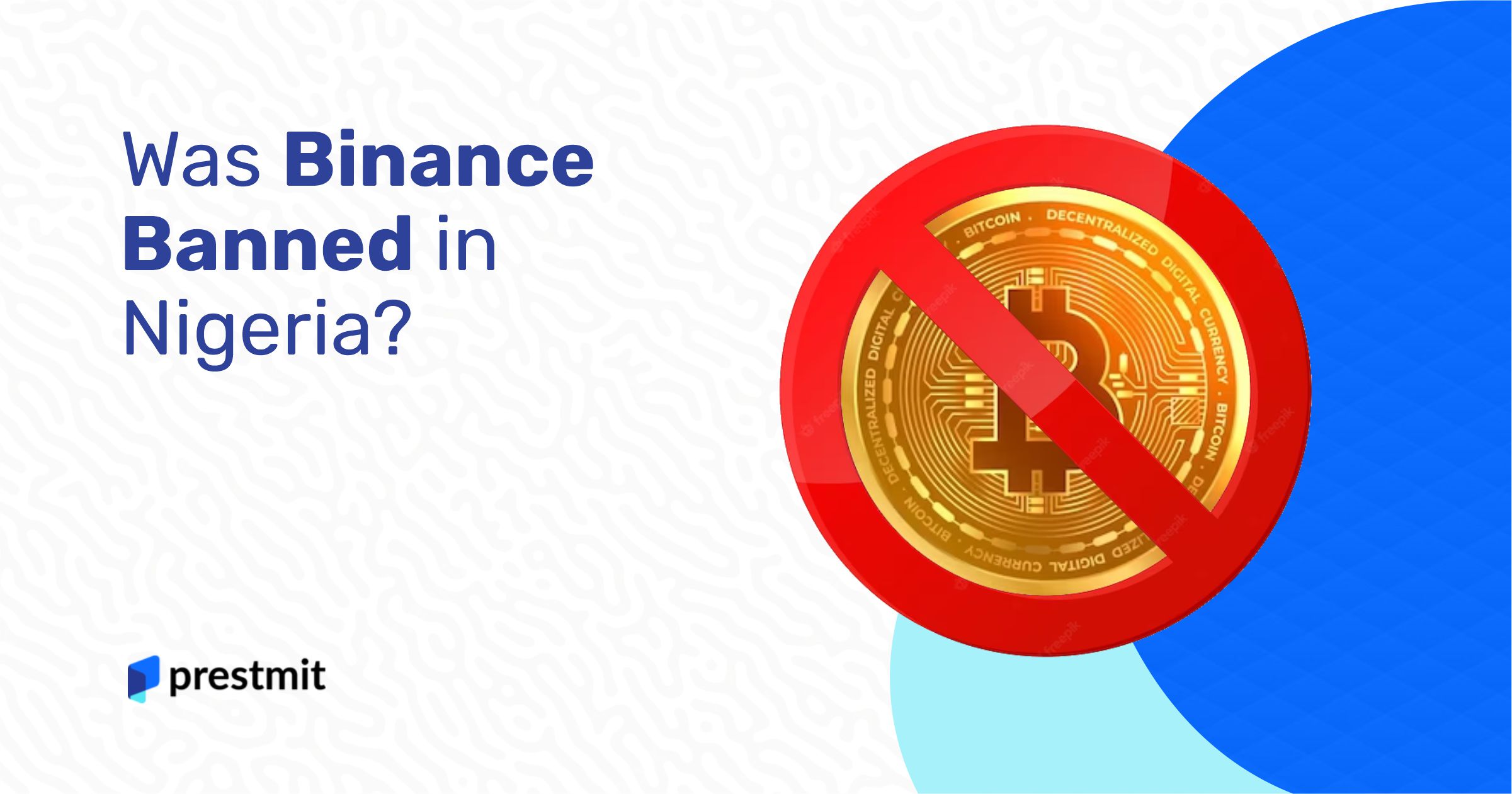Pros and Cons of Banning Binance in Nigeria
Exploring the Pros and Cons of Banning Binance in Nigeria
Introduction:
In recent times, the Nigerian government has made headlines with its decision to ban Binance, one of the world's largest cryptocurrency exchanges, from operating within its borders. This move has sparked intense debate among policymakers, investors, and the general public. Like any significant decision, there are both advantages and disadvantages to consider when it comes to banning Binance in Nigeria.
Advantages:
1. Regulation and Oversight:
Banning Binance could prompt the Nigerian government to implement stricter regulations and oversight mechanisms for cryptocurrency exchanges operating within the country. This would help protect investors from fraudulent activities, money laundering, and other illicit practices often associated with the cryptocurrency market.
2. Consumer Protection:
With increased regulatory scrutiny, consumers are likely to benefit from better protection against scams and Ponzi schemes. By banning Binance and other unregulated exchanges, the government can ensure that investors are not exposed to unnecessary risks and financial losses.
3. Financial Stability:
Cryptocurrencies are known for their volatility, and unregulated exchanges can exacerbate market instability. Banning Binance could mitigate some of these risks by limiting the exposure of Nigerian investors to highly speculative assets, thereby contributing to the overall financial stability of the country.
4. Sovereignty and Control:
Banning Binance may also be seen as a way for the Nigerian government to assert its sovereignty and control over its financial system. By restricting the operations of foreign cryptocurrency exchanges, the government can maintain a level of authority and oversight that aligns with its economic and regulatory objectives.
Disadvantages:
1. Loss of Investment Opportunities:
Binance provides Nigerian investors with access to a wide range of cryptocurrencies and investment opportunities that may not be available through local exchanges. Banning Binance could deprive investors of these options and limit their ability to diversify their portfolios effectively.
2. Stifling Innovation:
Cryptocurrencies and blockchain technology have the potential to drive innovation and economic growth in Nigeria. By banning Binance, the government risks stifling the development of this emerging sector and missing out on the benefits it could bring in terms of job creation, investment, and technological advancement.
3. Underground Economy:
Prohibiting Binance from operating legally in Nigeria could drive cryptocurrency trading and investment underground, where it becomes more challenging to regulate and monitor. This could potentially lead to an increase in illicit activities and the proliferation of unscrupulous actors within the cryptocurrency market.
4. International Reputation:
Banning Binance may negatively impact Nigeria's reputation as a destination for foreign investment and innovation. Investors and businesses may perceive the country as hostile towards cryptocurrency and blockchain technology, deterring them from engaging in economic activities that could otherwise benefit the Nigerian economy.
Conclusion:
The decision to ban Binance in Nigeria is a complex one with significant implications for investors, consumers, and the overall economy. While there are advantages such as enhanced regulation and consumer protection, there are also disadvantages such as the loss of investment opportunities and stifling innovation. Ultimately, policymakers must carefully weigh these factors and consider alternative approaches to regulating the cryptocurrency market that strike a balance between fostering innovation and protecting investors.


